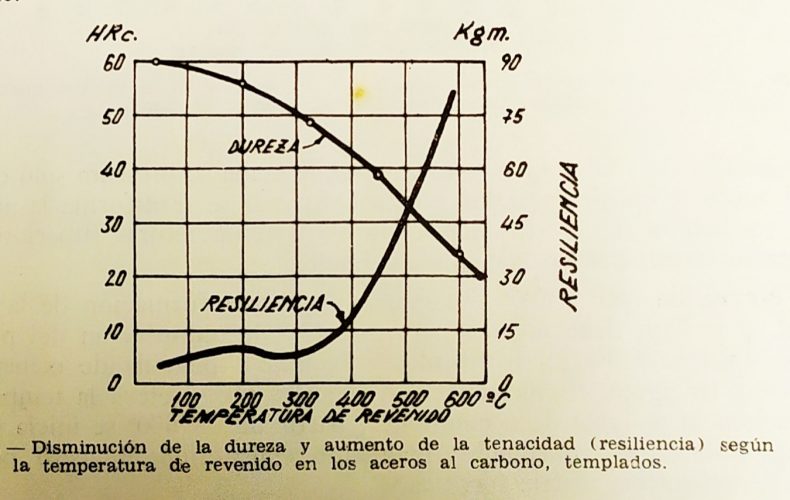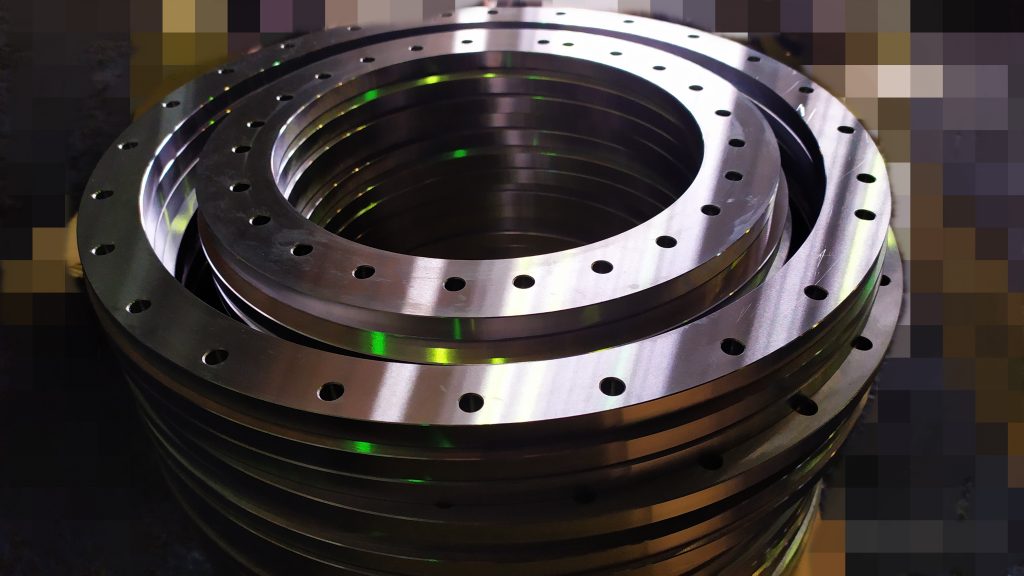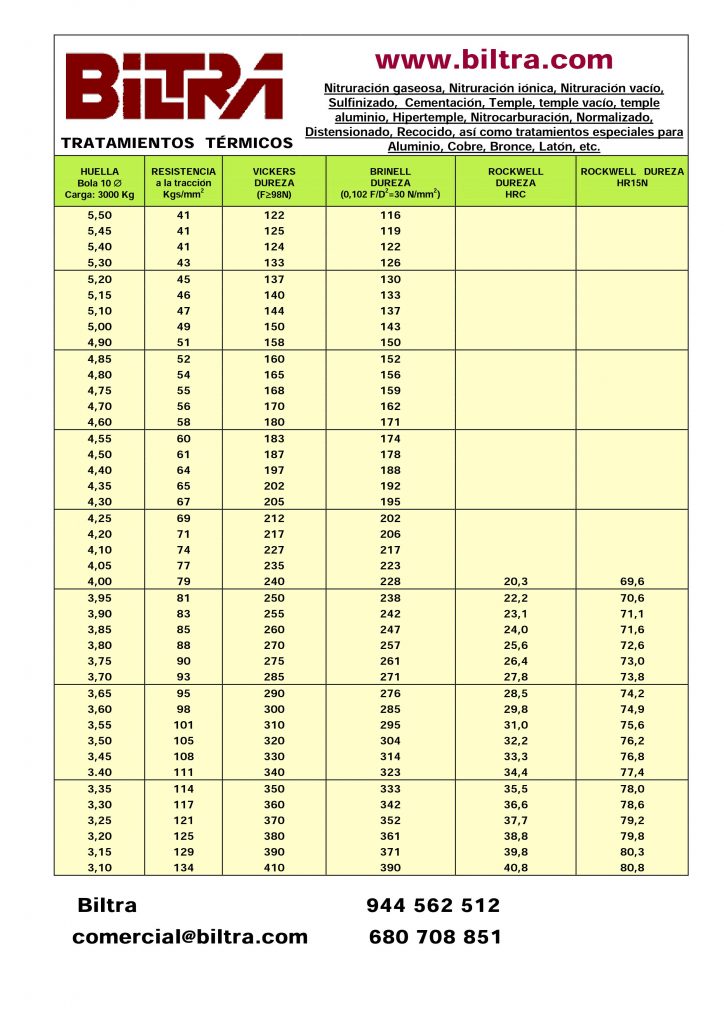DEFINICIÓN
RECOCIDO DE NORMALIZACION. Este tratamiento térmico consiste en un calentamiento a temperatura ligeramente más elevada de Ac1, es decir, el comienzo de la transformación de nuestra estructura original bien de forja, laminación, fundición o con trabajos previos, en austenita.
De esta forma se deja el acero con una estructura y propiedades que se consideran como normales, según norma o características de su composición.
Se suele utilizar para piezas irregulares o sobrecalentadas, asi mismo también sirve para destruir los efectos de tratamientos anteriores defectuosos.
Por medio del normalizado se eliminan las tensiones internas y se uniformiza el tamaño de grano de acero.
Se emplea casi de manera exclusiva para los aceros de construcción al carbono o de baja aleación.
MANTENIMIENTO A TEMPERATURA
El tiempo de mantenimiento a temperatura crítica del RECOCIDO DE NORMALIZACION, debe ser suficiente para conseguir el estado austenitic, una hora pr pulgada.
ENFRIAMIENTO
El enfriamiento se efectúa al aire a una velocidad intermedia o o de aire calmado, nunca liqido ni aire forzado.
CALENTAMIENTO, LO MAS IMPORTANTE.
El calentamiento este tratamiento térmico debe hacerse lentamente para que exista la menor diferencia de temperatura entre el interior y la periferia.
En caso contrario se pueden crear fuertes tensiones internas, que pueden lugar a grietas y roturas.
Estás tensiones se crean por la desigual dilatación de las zonas calientes y frías de la pieza, en la periferia y el centro.
Por las contracciones que ocurren al atravesar las zonas críticas se pueden originar fallas que aparecen luego en los temples y revenidos posteriores, y se les atribuyen indebidamente, siendo la causa un normalizado realizado de forma brusca. No es recomendable introducir las piezas frías a más de 300 grados porque el acero relativamente frío es poco plástico no admite deformaciones y las tensiones que se crean pueden generar grietas.
Al calentar una pieza, si la periferia alcanza la temperatura crítica de 732 grados antes que el núcleo, está periferia sufre una contracción, mientras que mientras que al centro al no haber llegado a esa temperatura se está dilatando todavía, el peligro de grieta es enorme, pero a partir de esta temperatura puede subirse de forma menos cadenciosa por qué la estructura ya es compartida en toda la masa.
La gran diferencia respecto a otros recocidos es la menor presencia de estructuras globulares, presenta mas estructuras laminares.






